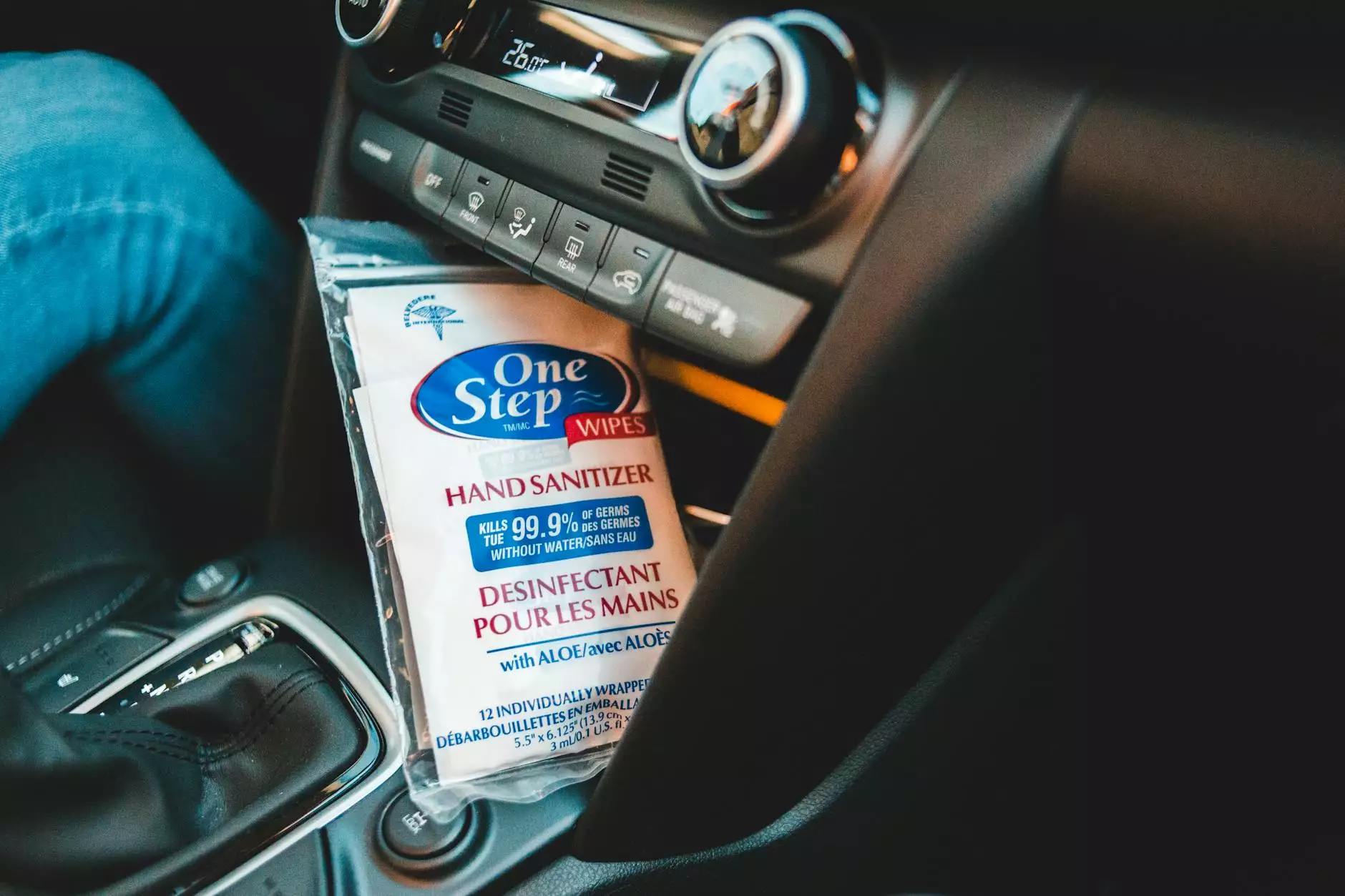Dental Guard for Grinding Teeth: Protect Your Smile

Teeth grinding, also known as bruxism, is a common condition that affects many adults and children alike. This often unconscious habit can lead to a variety of dental issues, including tooth wear, jaw pain, and even headaches. Given the increased awareness surrounding oral health, it is crucial not only to understand the implications of grinding but also to explore effective solutions such as the dental guard for grinding teeth.
Understanding Teeth Grinding
Bruxism involves the involuntary clenching or grinding of teeth, especially during sleep. Individuals may be unaware of their grinding habits unless they are informed by a partner or a dentist. The primary causes of teeth grinding can vary, including:
- Stress and anxiety
- Sleep disorders
- Certain medications
- Dental misalignment
Ignoring bruxism can have severe consequences. Persistent grinding can result in:
- Tooth Damage: Excessive wear and tear can lead to cracked or chipped teeth.
- Jaw Disorders: Tension in the jaw can result in temporomandibular joint (TMJ) disorders.
- Headaches: Grinding can contribute to tension headaches or migraines.
- Facial Pain: Prolonged grinding can lead to significant discomfort in the facial muscles.
The Role of a Dental Guard for Grinding Teeth
A dental guard for grinding teeth is a custom-fitted oral appliance designed to be worn at night. By creating a barrier between the upper and lower teeth, it helps to prevent damage caused by grinding. The benefits of using a dental guard can't be understated:
1. Protection from Tooth Wear
One of the most immediate advantages of a dental guard is its ability to protect the teeth from excessive wear. The material used in these guards absorbs the force generated by grinding, significantly reducing the impact on the dental enamel.
2. Alleviating Jaw Pain
Patients who suffer from TMJ disorders often find relief through the use of a dental guard. By keeping the jaw in a relaxed position and preventing the grinding motion, they can reduce tension and discomfort.
3. Enhanced Sleep Quality
Many individuals who grind their teeth unknowingly do so during sleep, which can lead to disturbed sleep patterns. Wearing a dental guard can help promote deeper sleep by reducing nighttime disturbances associated with grinding.
4. Improved Oral Health
By preventing tooth damage and the related complications, a dental guard significantly contributes to improved overall oral health. Regular use can lead to fewer dental interventions and a reduced risk of expensive treatments associated with grinding-related damage.
Choosing the Right Dental Guard
When selecting a dental guard for grinding teeth, it’s essential to consider various factors to ensure you find the best fit:
1. Type of Guard
- Custom-Made Guards: These are created by a dentist using impressions of your teeth, ensuring maximum comfort and effectiveness.
- Over-the-Counter Guards: These are pre-formed and can be adjusted, but may not fit as comfortably or provide the same level of protection.
- Soft vs. Hard Guards: Soft guards are more comfortable but may not be as durable as hard guards, which provide better protection.
2. Dental Consultation
Consulting with a dentist is crucial in selecting the right guard. A dental professional can assess the extent of your bruxism and recommend the most appropriate type of dental guard, tailored to your specific needs.
3. Comfort and Fit
Comfort is paramount when choosing a dental guard. A poorly fitting guard may cause discomfort and could even aggravate the very problems it aims to resolve. Custom guards, usually made in a dental lab, offer a personalized fit that significantly increases comfort and effectiveness.
How to Care for Your Dental Guard
Maintenance of your dental guard for grinding teeth is vital to ensure its longevity and hygiene. Here are some tips for proper care:
- Regular Cleaning: Rinse your guard prior to and after use. Clean it with a toothbrush and mild soap or toothpaste to remove build-up.
- Proper Storage: Store your guard in a protective case to prevent damage when not in use.
- Avoid Heat: Never expose your dental guard to high temperatures, as this can warp the material.
When to Seek Professional Help
If you notice persistent symptoms associated with teeth grinding, such as:
- Severe teeth pain
- Frequent headaches
- Jaw clicking or locking
- Increased tooth sensitivity
It’s essential to consult a dentist promptly. Early intervention can prevent further damage and complications associated with bruxism.
Conclusion
Utilizing a dental guard for grinding teeth is an effective strategy for protecting your oral health and alleviating the discomfort associated with bruxism. Whether you choose a custom-fitted option or an over-the-counter solution, the important thing is to address the condition proactively. Remember, early intervention is key to maintaining not just a beautiful smile but your overall health as well.
Don’t let teeth grinding impact your life. Seek a consultation with your dentist today and explore the optimal solutions available for your specific needs. Your smile deserves the best protection!









